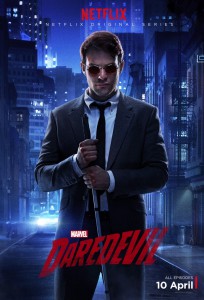
How far are Marvel Studios’ film and television franchises visually coded for homogeneity? How insistently, that is to say, is brand identity maintained at the levels of design, cinematography, editing and post-production processing?
Read more »

How far are Marvel Studios’ film and television franchises visually coded for homogeneity? How insistently, that is to say, is brand identity maintained at the levels of design, cinematography, editing and post-production processing?
Read more »
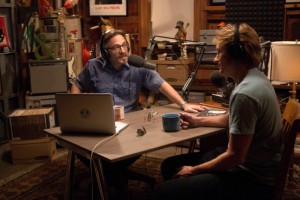
The influence and overlap between the worlds of podcasting and television (and live comedy) is expanding as visual and audio media continue to fragment, making issues of narrative construction and narrative influence ripe for questioning,
Read more »

Why hasn’t The Wire, which showed us how structural racism and an abusive police department defines black life in Baltimore, translated into collective social action? Why are there only thousands in the streets? Where are the millions of fans of The Wire? And why aren’t they supporting black folks in Baltimore?
Read more »
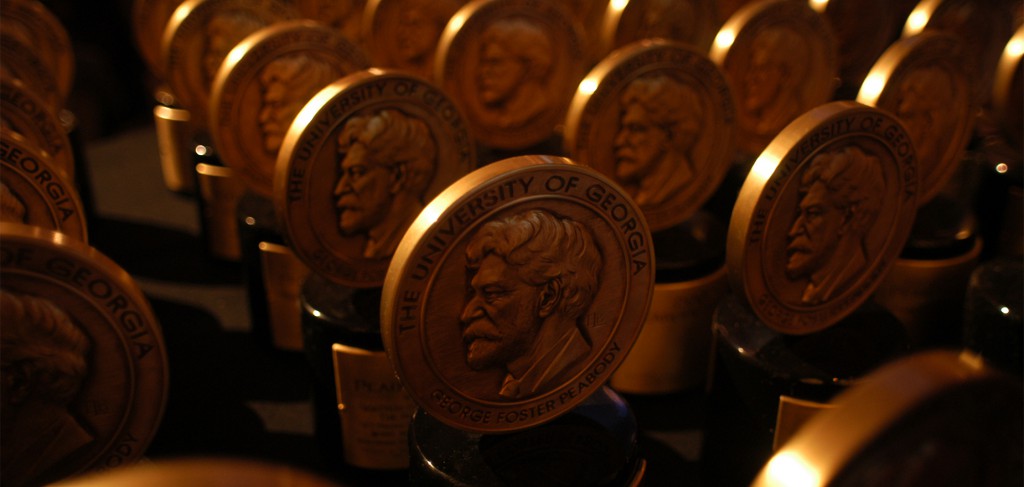
Media and cultural studies is right to be concerned about singular, monologic declarations of value, but there’s something to be learned from the Peabodys’ mode of deciding upon value dialogically.
Read more »
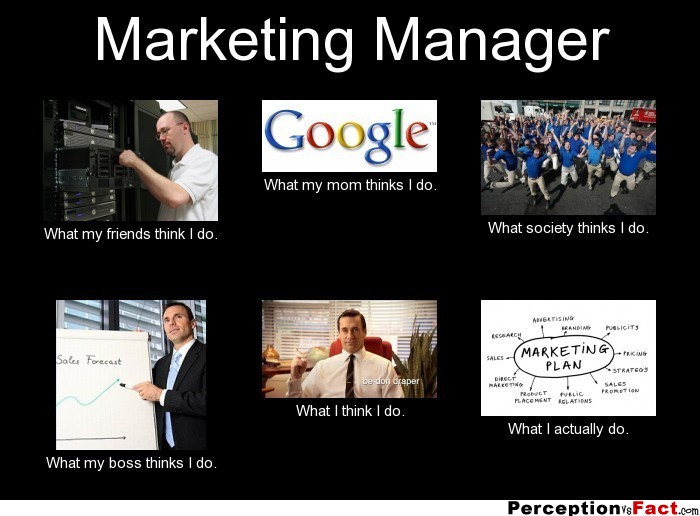
Jack Newsinger reflects on the idea of bullshit jobs in the creative industries and what this might mean for pedagogy.
Read more »
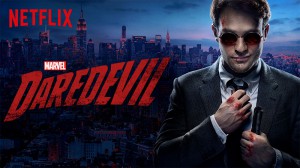
Marvel’s Daredevil launched April 10 on Netflix, marking a new milestone for Netflix’s original content strategy and the expansion of Marvel Television into the streaming space.
Read more »

Chuck Tryon examines the reception of Clinton’s announcement video to explore the role of cable news in producing election coverage that sidesteps questions about how candidates will actually govern.
Read more »
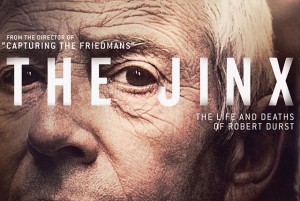
Supporting vigilante documentary as an acceptable approach to seeking "justice" is a potentially dangerous trend.
Read more »
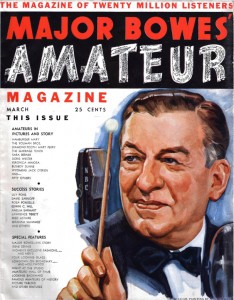
Ross Melnick provides historical context necessary to understand the prevalence of talent programs on contemporary American network television.
Read more »
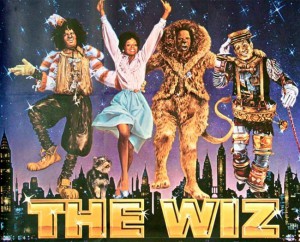
Alfred Martin asks why NBC turned to The Wiz over The Music Man as its next televised musical in this particular historical moment?
Read more »
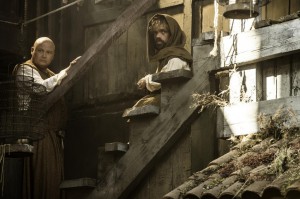
Using the case of Game of Thrones, Iain Robert Smith considers what happens to fidelity criticism when a show goes beyond the published material and starts to “adapt” material that has been planned but not yet written by the original author.
Read more »
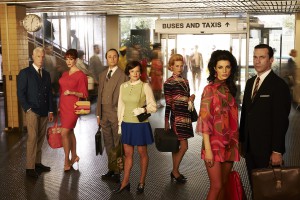
Piers Britton reflects on the unacknowledged divergences in use of the term “aesthetic” within television studies, and suggests that some of the elisions are leading to unproductive argument.
Read more »

Karen Petruska reflects on the importance of conference participation in the form of SIGs, committees, and public policy and promotion, all of which operate as the less visible yet vital backbone of SCMS.
Read more »

Collenn Glenn reports on the significance of specialized scholarly interest groups for academic organizations like the Society for Cinema and Media Studies (SCMS), which held its annual conference in Montreal last week.
Read more »
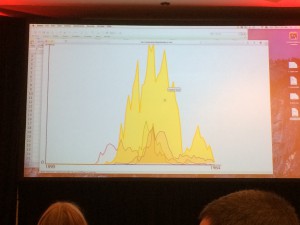
Derek Long continues our series of SCMS 2015 conference reports with a summary and assessment of some of the digitally-oriented panels and presentations.
Read more »

Bill Kirkpatrick continues our week-long series of reports from the SCMS 2015 conference. He argues that radio studies within SCMS is coming into its own, and the Society is better for it.
Read more »